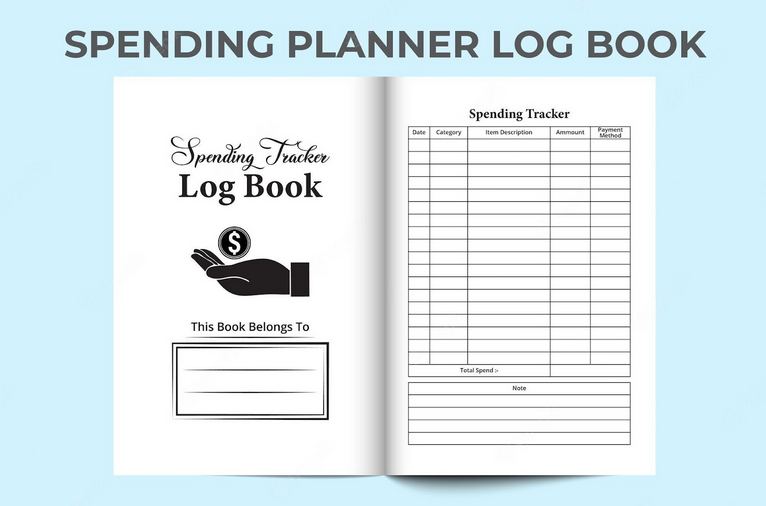
Keeping track of your business expenses and making payments each month can feel like a constant game of catch-up. But it doesn’t have to be that way. With the right cash management software, you can take care of your finances in a matter of minutes rather than hours every single day. If you run your own business as an owner or as an agent who takes care of another person’s trade or business, then you most likely need to keep track of your business expenses and make monthly payments. After all, running a business is costly and requires a lot of time and effort on a daily basis just to break even. Today we will explore how you can keep track of and manage your monthly expenses as a sole proprietor or partner in a limited liability company (LLC) or partnership with other people.
Set Up an Accounts Payable Process
If you run a business as a sole proprietor or as an agent who takes care of another person’s trade or business, then you will need to keep track of your business expenses and make monthly payments. After all, running a business is costly and requires a lot of time and effort on a daily basis just to break even. A common mistake that many business owners make when it comes to cash flow is failing to keep track of their expenses and making payments on time. As a result, they end up with a lot of unpaid bills that put them at significant economic risk. To avoid this, you will need to set up an accounts payable process. While you can do this manually if you have time, it is highly recommended that you take the extra step and invest in a program designed to help you with this type of process.
Automate Your Payments
If you set up an accounts payable process, then it is likely that you will end up sending checks to your suppliers at some point. Writing and dropping off checks can take time, and that doesn’t even take into account the risk of lost or delayed checks. When you send a check, you leave yourself open to a lot of risks, both financial and risk-wise. One way to avoid all of this hassle is to automate your payments. This can be done using a service like FreshBooks or Xero. These programs will help you keep track of your expenses, track your receipts, and generate monthly invoices. They will also let you set up automated payments to vendors. This can take a lot of the headache out of cash flow.
Create a Financing Account
You will also need to set up a financing account. This is a separate account that holds your business’s cash flow. It should be a high-interest-rate account that you can access at any time. Ideally, you will keep this cash balance on hand so that you can make payments on time. You should also keep track of the cash balance and make sure that it doesn’t fall below a certain level. You should never keep money in a checking account that is less than a certain amount.
Set Up a Deposit Process
For keeping track of your business expenses, you will also need a deposit process. This should go into place after you set up a financing account. The deposit process should let you make set amounts of cash available to a specific account. You can then use this money to make payments or to make deposits into your business accounts. For example, you can make a weekly deposit of $500 into your checking account. This way, you will always have some cash on hand in case you need to make a payment or make a deposit at any time during the week.
Use a Deposit Checking Account
If you are running a business as a sole proprietor or an agent who takes care of another person’s trade or business, then you will need to keep track of your business expenses and make regular payments on time. One way to make sure that you don’t miss a single payment is to use a deposit checking account. You can use this type of account to make monthly deposits of money from your savings or from your retirement account. The advantage of using a deposit checking account is that it helps you keep track of your expenses as well as your monthly payment schedule. Simply make your payment every month, and you will never have to worry about missing a payment or having any late fees. Most deposit checking accounts come with some type of fee structure or monthly fee structure. You should be careful not to keep checking your account online or online only.
Bottom Line
If you run a business as a sole proprietor or as an agent who takes care of another person’s trade or business, then you will need to keep track of your business expenses and make regular payments on time. One way to make sure that you don’t miss a single payment is to use a deposit checking account and invest in trustworthy software for loan servicing. There are a few things to keep in mind when it comes to keeping track of your expenses and making payments on time. First and foremost, you will need to set up an accounts payable process and automate your payments. These two steps can help you avoid a lot of hassle and improve your cash flow significantly. If you are running a business as a sole proprietor or an agent who takes care of another person’s trade or business, then you will need to keep track of your business expenses and make regular payments on time. One way to make sure that you don’t miss a single payment is to use a deposit checking account.
